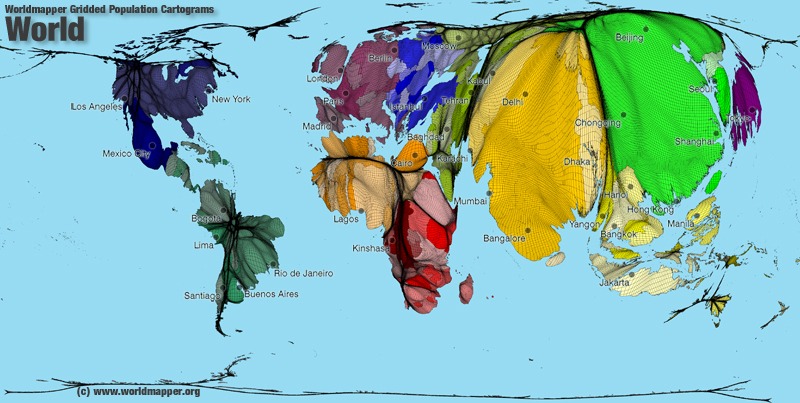Item Link: Access the Resource
Year of Publication: 2020
Publication City: Berlin, Germany; New York, NY
Publisher: Springer
Author(s): Elias Ganivet
Journal: Environment, Development and Sustainability
Volume: 22
Pages: 4979–4998
Abstract
Nowadays, human activities are causing an important collapse in global biodiversity while also affecting the global climate considerably. Despite historical agreements on both biodiversity conservation and climate change, humanity keeps changing the face of the planet at an increasing rate. An undisputed factor in global change is the excessive and growing human consumption.
On the other hand, it seems that linking humanity’s environmental impact with population growth has been quite controversial in the international debate, as if, somehow, biodiversity loss and climate change were unconnected to it.
To this purpose, this paper reviews (1) the impacts of continuing human population growth on global biodiversity and climate through the examples of food and energy production, (2) changing perceptions about population growth and (3) the potential solutions that could be used to address this issue. Despite not the only factor, the research reviewed in this paper highlights that continuing population growth plays a substantial global role in the destruction of biodiversity and in climate change, and this role urgently needs more attention in scientific, policy and public circles. Both unsustainable population levels and excessive consumption are part of the equation and must be addressed concurrently in developing and developed countries.
Several non-coercive strategies are possible to address the population question, mostly through access to education and contraception, in order to empower women through the basic human right to have children by choice. In any case, although limiting population growth may not be the only solution required to fix current environmental problems, ignoring it is likely to hinder any ecologically sustainable future.
Read the full paper here.

